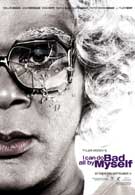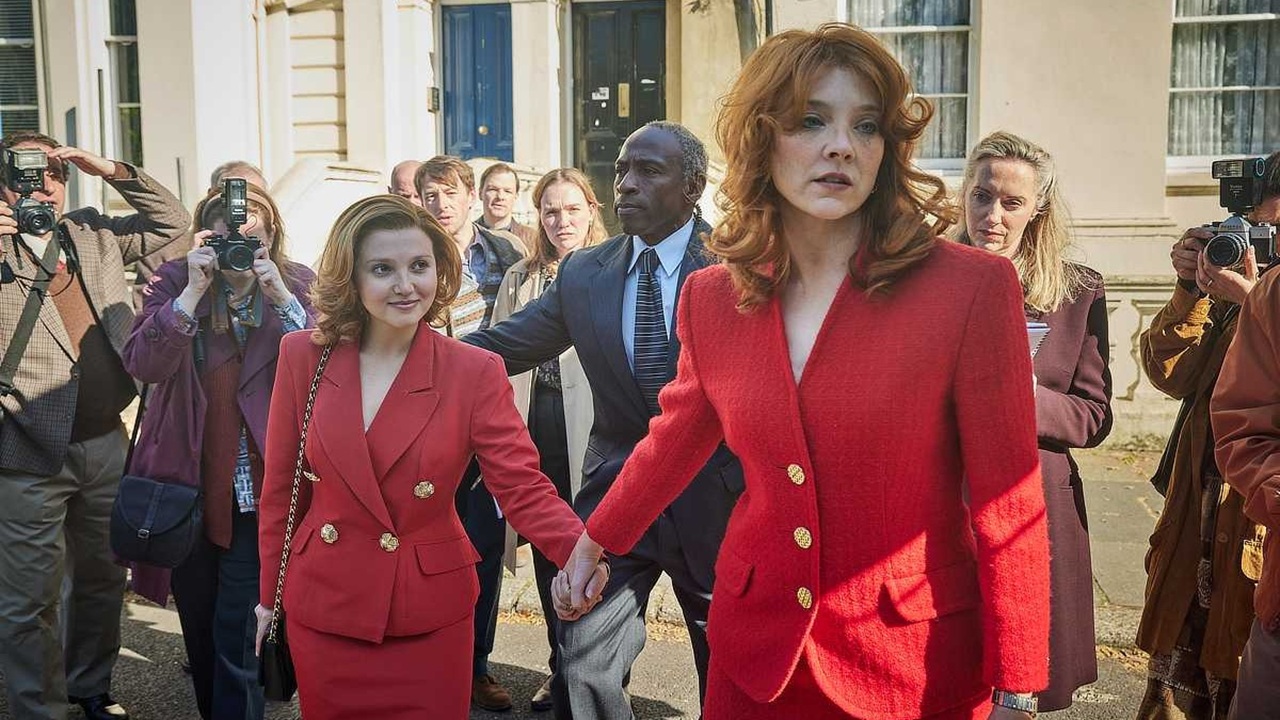As a filmmaker Tyler Perry seems to have just two modes of storytelling-- over-the-top, almost vaudevillian humor, usually starring his most famous creation Madea, and weepy, help-me-God melodrama, in which life lessons are learned thanks to big helpings of spirituality and family.
I Can Do Bad All By Myself, Perry's eighth film, relies heavily on the latter, and as a result has a crossover appeal that might lure in viewers who never quite got the bawdy Madea humor. With Benjamin Button's Taraji P. Henson capably doing the dramatic heavy lifting, the movie successfully glides through some of the more ridiculous dramatic set-ups, and actually manages to carry an emotional punch if you're willing to give yourself over to a world in which gospel choirs heal all wounds, and the right man will just wait for you to get over your problems and love him back.
As April, a lounge singer who drinks and sleeps with inappropriate men to make up for the void in her soul, Henson is the indispensable heart of the movie, helping us believe in this lost character before she undergoes the requisite spiritual transformation. The film actually opens with Perry in drag as Madea, shocked to find that a trio of lost children (Hope Olaide Wilson, Kwesi Boakye and Frederick Siglar) have broken into her house to attempt to steal her VCR, but feeding the kids anyway because that's the kind of good Christian woman she is. The kids live with grandma, who hasn't been home in a few days, so Madea drops them off on the doorstep of their nearest relative-- April, who sleeps through the day to rest up for her nightclub singing gig, and treats the kids no differently than she would a rat infestation.
Simultaneously, the local pastor (gospel legend Marvin Winans) meets up with Colombian immigrant Sandino (Adam Rodriguez) and sends him to live with April, figuring April's house could use the repairs but also acting as some kind of gospel matchmaker. April's good-for-nothing boyfriend Randy (Brian J. White) snarls at Sandino and makes eyes at 16-year-old niece Jennifer, while April keeps hoping she'll wake up one day with all these interlopers magically gone from her house.
The plot moves slowly but deliberately as April comes to love the kids and copes with the fact that grandma, in fact, is dead, while Sandino makes repairs to the house that's a not-so-subtle metaphors for April's heart. Popping in to provide advice, spiritual and otherwise, are Gladys Knight as the pastor's wife and Mary J. Blige as a co-worker at the lounge, both of whom get musical numbers that might slow down the story if they weren't performed by such dynamic singers. Every time another character sings, April sits in the pew or chair with a stricken look on her face, as aware as the audience that yes, this song is just about her. It becomes frustrating and ridiculous when, after her fifth song-inspired epiphany, she doesn't actually change her no-good ways, but hey, a full two hours of spiritual uplift has to happen before the audience goes home happy.
Amid all the crying jags and earnest proclamations about how to be your best self, Madea pops in from time to time in just the right dose. Her insults and tough love feel a little overfamiliar, sure, but when she teaches Jennifer a deranged Bible lesson about Noah rescuing Jonah from the belly of the whale on the St. Louis Arch, the humor crosses over from silly to downright brilliant. And unlike in Meet the Browns, the zany humor is limited to Madea and Madea alone, leaving more room for songs and melodrama and a cuddly sense that it's just this easy to make everything right in the world.
Aside from Henson's performance, there's nothing in I Can Do Bad that would qualify as subtle, and every plot development and emotional turning point is telegraphed within the first 10 minutes of the film. But Perry's fans know the formula by now and are looking for just that, and newcomers willing to go along for the ride may be surprised at how good it feels to be spoonfed all this hope and love.
Your Daily Blend of Entertainment News
Staff Writer at CinemaBlend


